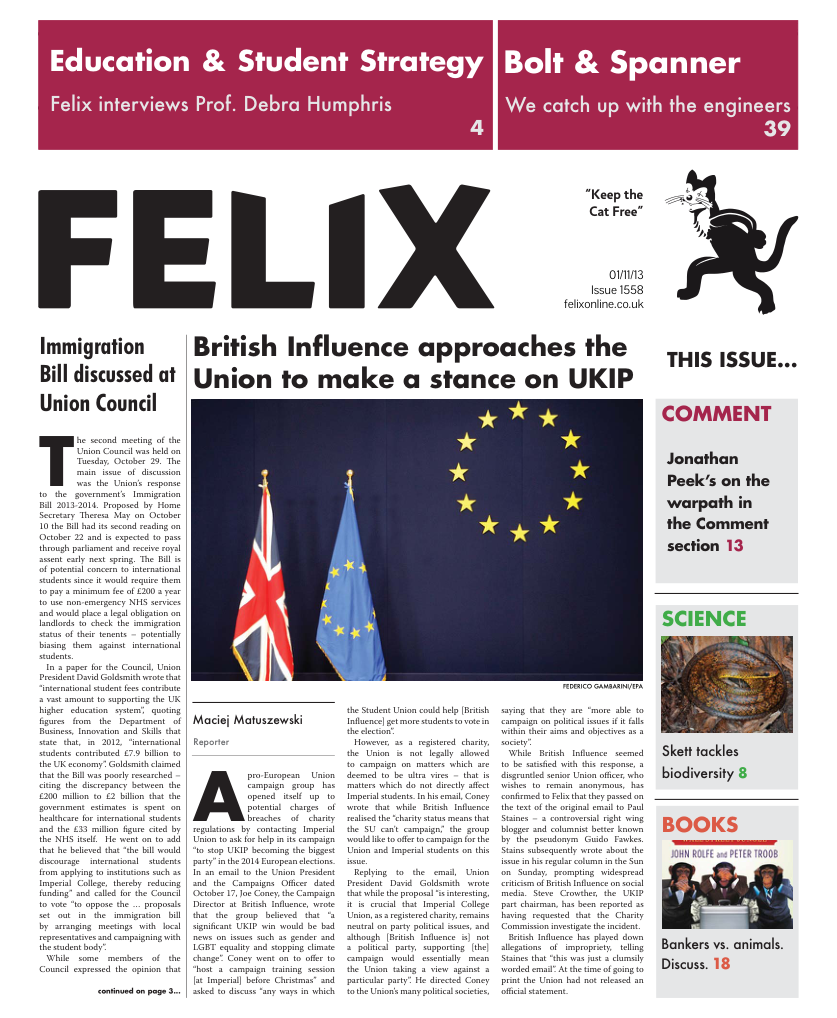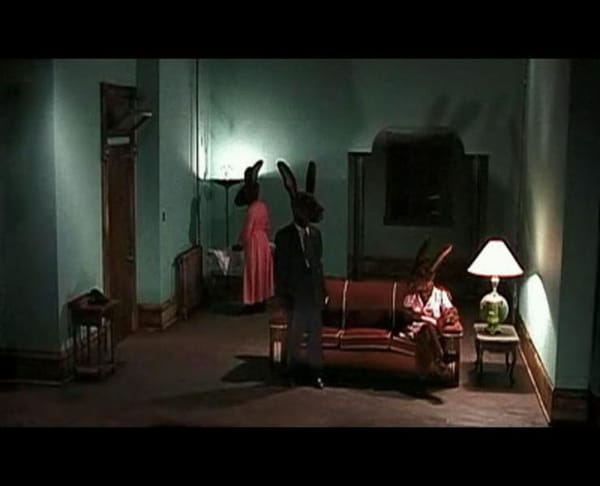An 80km jaunt in Wales
James Ellis’ reflections on an ultramarathon
As most regular runners will testify, there comes a point when having followed a routine for a long time, you feel compelled to mix things up and try something new. It’s the runner’s mid-life crisis. This seems reasonable analogy for it involves committing to something rash, a bad idea. For me this was entering the Wye Valley Ultra, an 80 km race through the mountains of mid-Wales. Several months on from the seemly harmless entry form, the day came along, bringing with it the task of completing a race just shy of two marathons, with over 200m of vertical ascent to contend with. My student tendencies eliminated thoughts of pre-race nerves when I realised that a 3am alarm was required to make the 7.30am start time. Silver linings in everything... In hindsight it was an event in four parts. For the initial 2-3 hours I was in race mode. While being a novice at ultra running training had progressed and I wanted to push for as good a finish as possible. A lot of concentration went into adhering to a nutrition programme, which involved eating approximately 50g of carbohydrate and drinking 400mL per hour. This I split into roughly half hourly ‘meals’, which dually served the purpose of dividing the overall task with making it easier to ‘stomach’ while running. Stage one ended at about 35km when I was in a group of three, who were a minute down on the leader. Having felt good heretofore, I began to cramp, dramatically reducing my speed. A gem of Imperial-induced maths informed me that this regression had pushed my finish time up from 8 hours to 10. A depressing thought! Giving up wasn’t an option as too many people knew I was racing, thus I convinced myself that ignoring cramp was preferable to inevitable abuse I would take if I assigned a ‘DNF’ to my name. For 90 minutes this struggle continued; I would be lying if I said it was fun. Despite this I was confident that my problem was nutrition-based through muscular-electrolyte deficit rather than fitness. I reached a point where I could speed up without cramping and I felt I was riding the crest of a wave. Feeling that I could run freely gave me a lift and the whole venture seemed like a better idea than it had beforehand. The miles began to tick off faster and with them came progress back up the leader board. The next few hours (I can honestly say) were truly glorious, basking in the freedom of running through stunning environments, untouched and untroubled by the outside world. It was almost spiritual in a way, being so completely isolated in my own little bubble, just letting my mind wander whilst I passed lakes, through valleys and over mountains. The one issue was the difficulty of adhering to my eating plan. Having been out for over 5 hours, postulating whether I was sufficiently fuelled became increasingly difficult. The final stage approached at the 60km point. By now the euphoria of previous hours had dissipated. For the first time I was dealing with the issue of muscular fatigue. To put it mildly my legs were ‘pretty’ sore. The balance was that I was within a distance to the finish that, barring injury, I would be able overcome. I had also raced up the leader board. The mental battle was forcing myself to push as much as I could in order to ‘break’ those behind me. Unlike the opening stages where I raced feeling fresh, I was now ‘red-lining’ – going as fast as I could for the given distance left. This became a battle between two contrasting voices in my head but I managed to hold it together, using a series of mental hurdles to focus away from the fatigue. I also thought about the prospective outcome and all the input training. Spotting the “200m to go” sign was a relief. Crossing the line I did had an immense sense of satisfaction and pride, completing the race in 8 hours 11 minutes and 6th out of the 130 starters. It was an enjoyable experience due to the surroundings where it took place. It provided interest and inspiration, making it a pleasure (in the main) to be a part of. Ultimately, it was an example of the value of spending time outdoors and protecting these environments.
Capitalising on the opportunity I urge you all to attend the London Climate Forum, a sustainability conference centred on prospective anthropogenic effects. It will be a great event with fantastic speakers. It takes place at Imperial College on November 9th. See londonclimateforum.org for more details.





